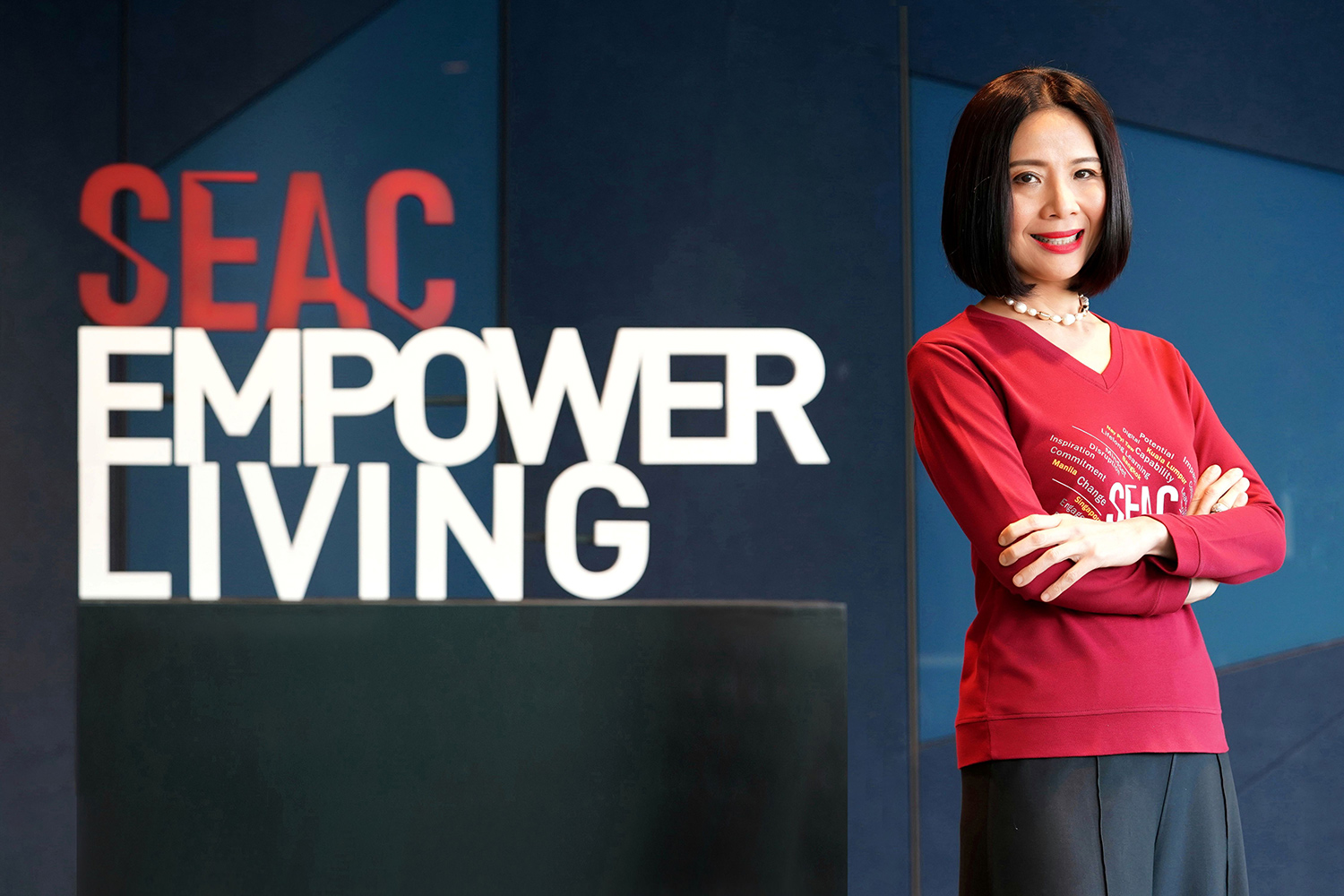
Humans have great capabilities to stretch themselves far beyond their limitations. They are able to make changes in their lives and those around them and drive the changes they want at work and in life. But it is not an ability that comes naturally to many of us. It’s an accumulation of our skills, experiences and knowledge.
However, the real question isn’t our abilities but whether we realise that we have the capability to drive change. In all honesty, even I find this difficult to fathom. As individuals, we are limited to ourselves and the direct impact we have on the people and environment around us. Surely, we cannot drive change on a much larger scale. And yes, alone I cannot drive change, or at least I cannot do it fast enough to see any progress.
As a leader of my organisation, I cannot drive change on my own – this is a given. The only way I can drive change is through my people. But to do that, I must be able to empower them. Even if you’re not a leader, you still hold so much power to drive change. As clichéd as it may seem, change really does begin with ourselves and our even greater ability to develop ourselves.
When it comes to change, this year has challenged most of us more than any other year we can remember. Who could have known that 2020 was going to pan out the way it did? While some were able to move with change, others were caught off-guard. But 2020 is nearing its end. How can we prepare ourselves to ensure we can do better in 2021 and the years to come?
For organisations, this means revising crisis management plans and reframing business strategies. For individuals, there are so many ways we can prepare ourselves. At the end of the day, we may have strong processes and strategies laid out, but the core drivers of change lie in our people. Here are some basic skills we can build and strengthen.
The first skill is resilience. While the strength of resiliency may differ from person to person and even in each situation, it is something we must aim to develop every day. The main reason is that change isn’t always easy to get around. This is the reality of our world and it is important for us to be able to get back up and get back on track.
However, the key element of resilience isn’t about how we get back up from adversity. It is more about how we manage our stress and negativity, so that we are able to overcome and manage new challenges.
The second skill is agility. Getting back up from every fall isn’t the only important part of driving change; we also need to move with speed. With the digitisation of the workplace and increasing competition in the market, there is no time to wait around.
Agility, when implemented well inside an organisation, can take the business to another level. In sports, agility helps the athlete to maintain balance, strength, speed and body movement and control.
While being agile is important, an athlete needs to build on the individual strengths of his or her limbs to move with agility. In the same manner, organisations need to work on the individual skills of their people so that the entire organisation can move with agility.
The third skill is communication. This may sound generic, but it is still an important skill to develop. Just think about all the misunderstandings that arise in day-to-day life and you will realise that effective communication will always be important.
In an organisation, this can be even more crucial. If we look at some large and process-driven organisations, they have internal processes to ensure clear and transparent communication. However, these can still fall apart, and this is why it’s so important to be aware and develop the necessary skills to improve communication at every level, between individuals, in teams and so on.
The final skill is mindset. While the first three skills are important, mindset is the foundation that brings all the other skills together. There are many mindsets that we can develop to ensure we can drive change but a great one would be a learning mindset.
Change means there’s always something new coming along. If you develop a learning mindset, acquiring up-to-date knowledge and building the relevant skills will come naturally.
Humans have great capabilities to not only move with change but to create the change they want. It’s all a matter of developing and strengthening the foundations and basic skills. As the American self-help author Napoleon Hill said: “Our only limitations are the ones we set up in our own minds.”
Arinya Talerngsri is Chief Capability Officer and Managing Director at SEAC - Southeast Asia’s Lifelong Learning Center. She can be reached by email at arinya_t@seasiacenter.com or https://www.linkedin.com/in/arinya-talerngsri-53b81aa. Explore and experience our lifelong learning ecosystem today at https://www.yournextu.com